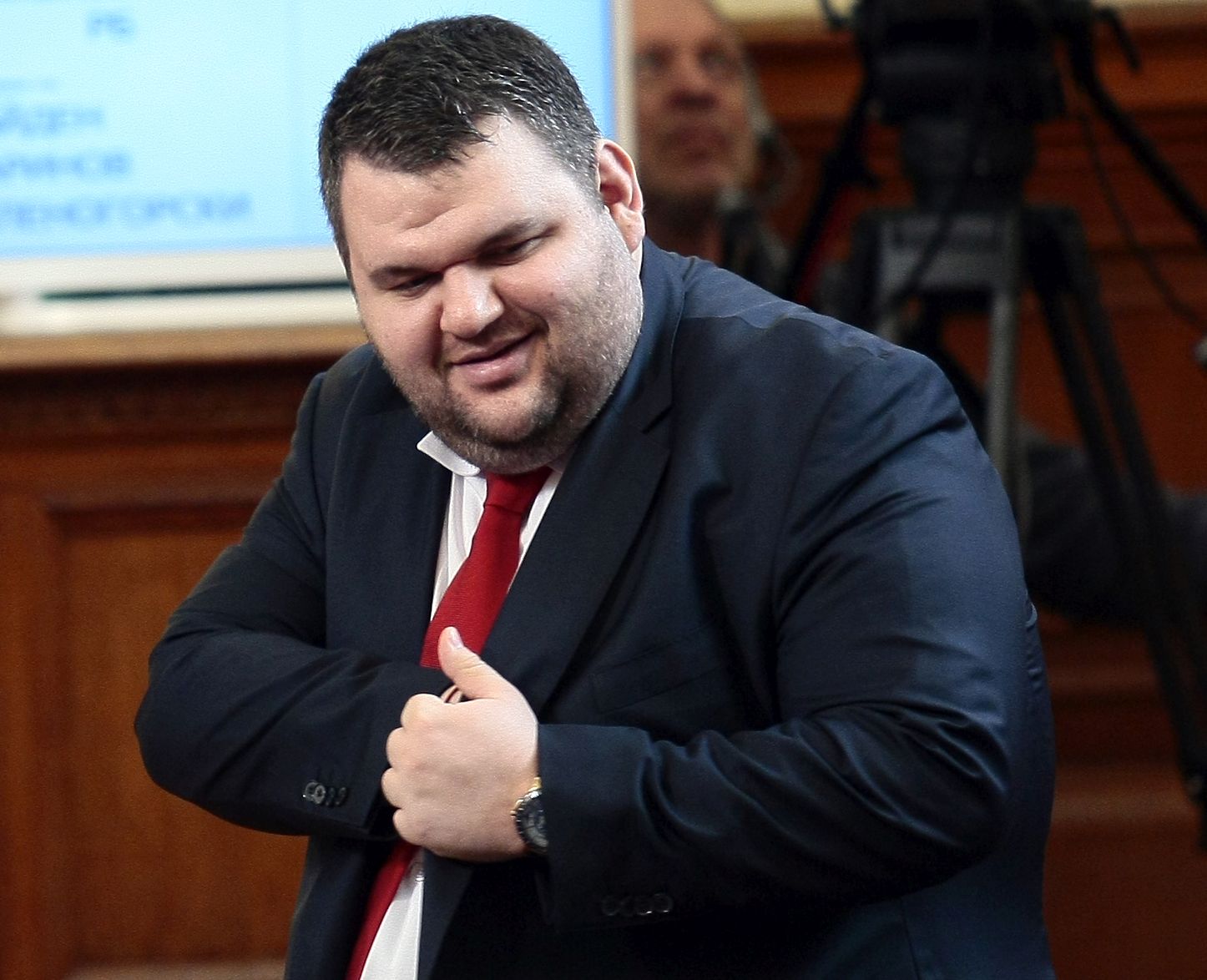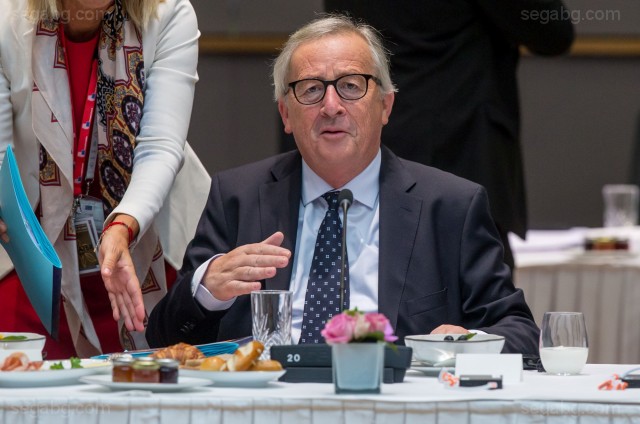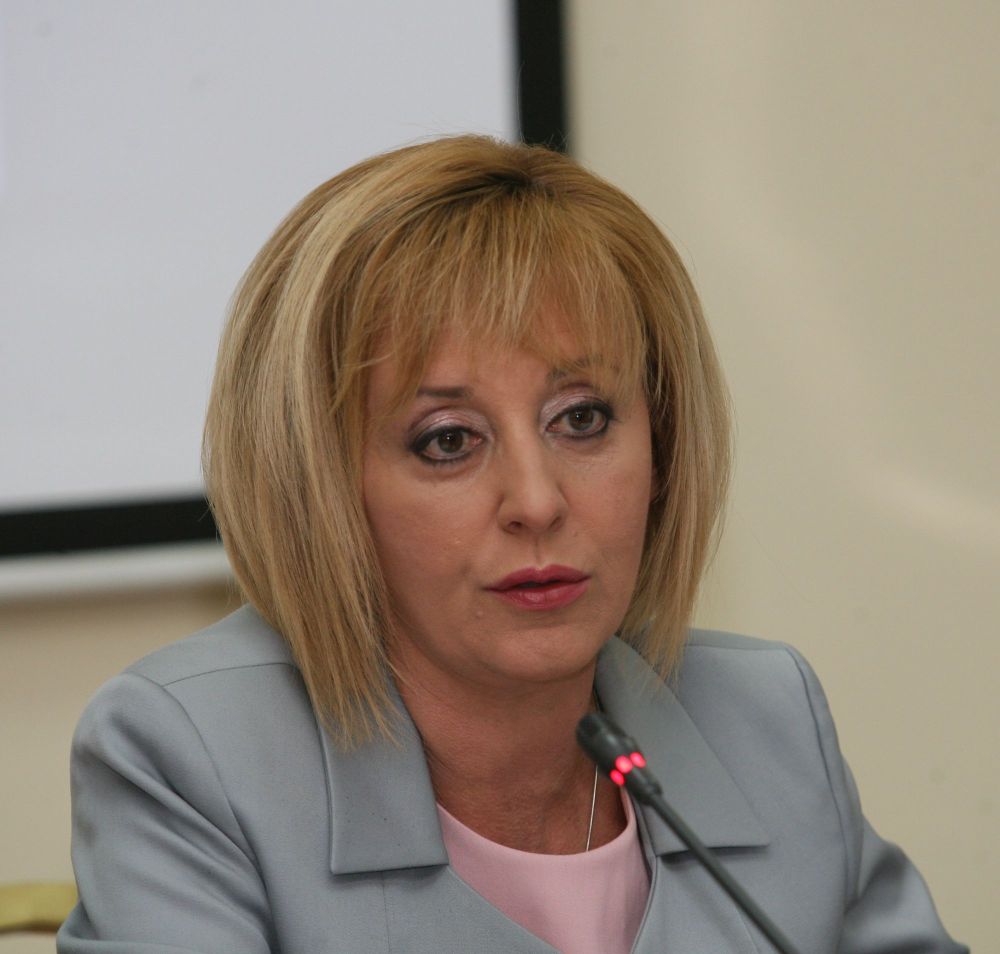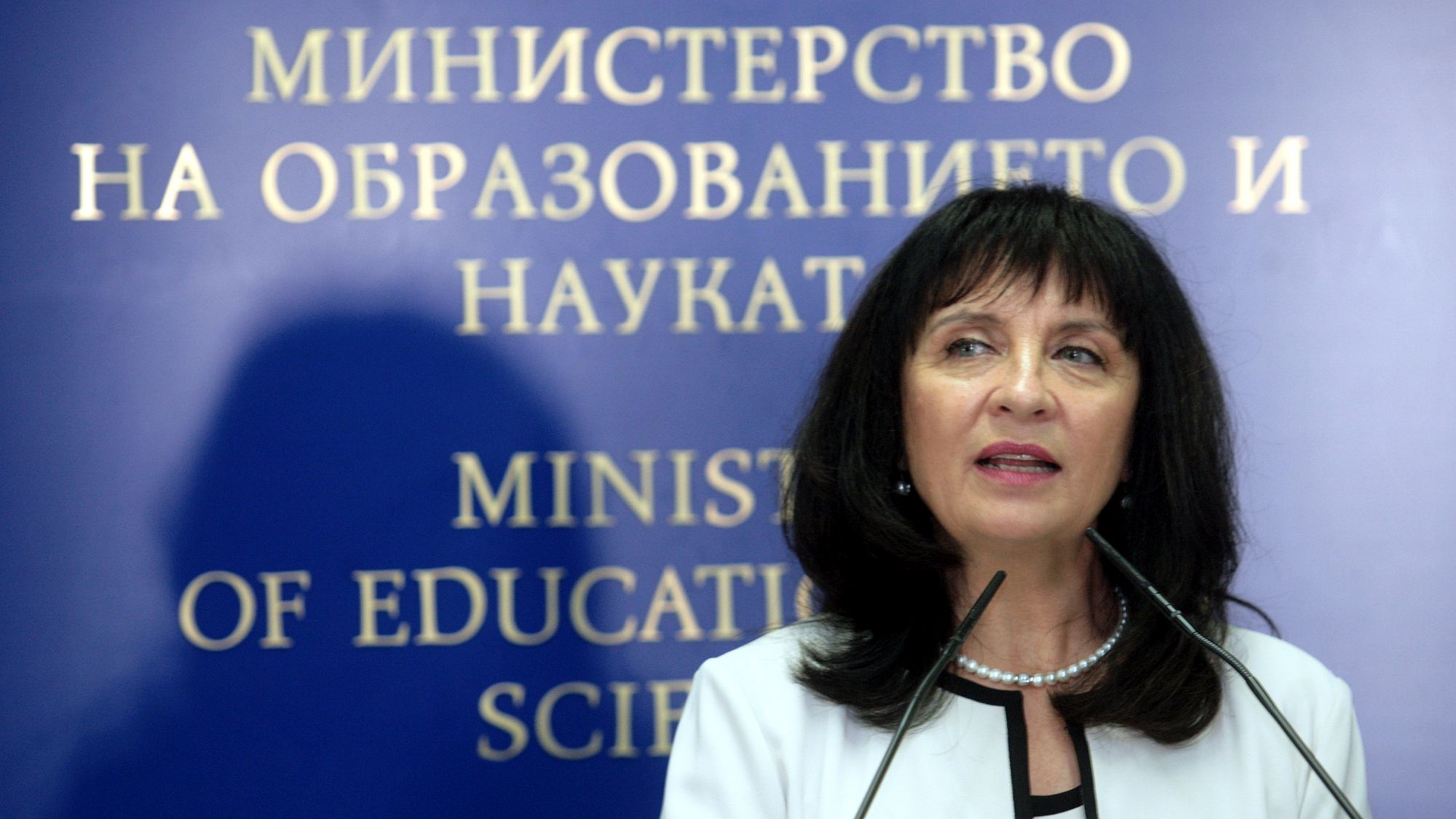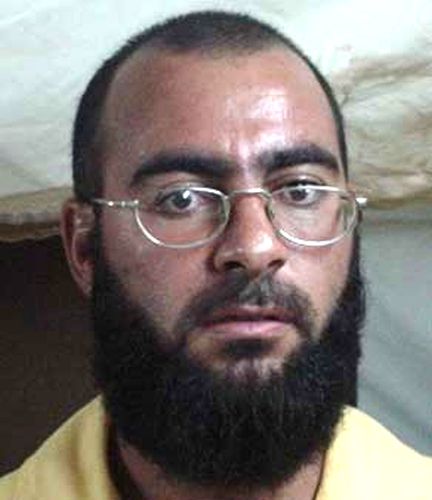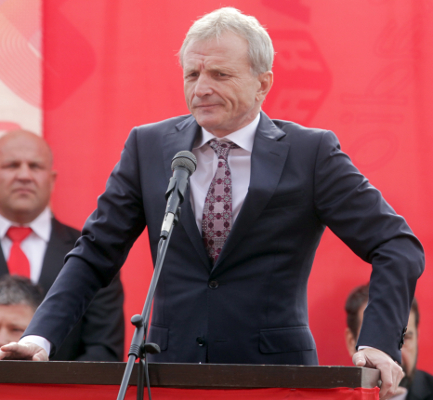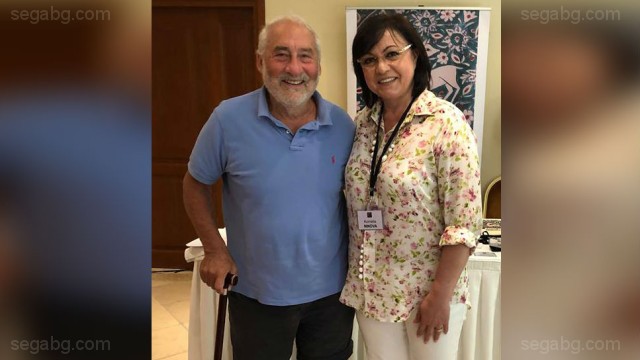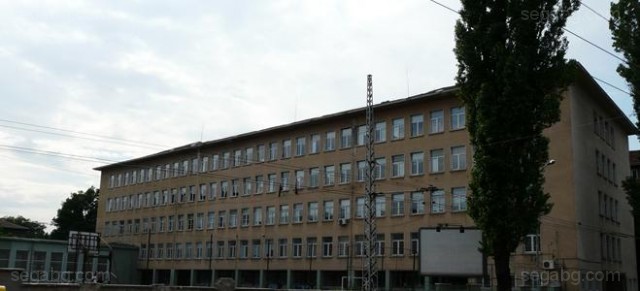Иво Инджев, фоб: Да видим отношението на Йордан Бакалов от управляващото мнозинство по шпионския скандал.
Йордан Бакалов, шеф на Kомисията по национална сигурност в НС, дейм: Опитват се чрез определени политически сили да влияят във вътрешната политика, и по-конкретно, аз мога да бъда директен, по този начин се опитват да отдалечат България от желанието й да стане нормален член на НАТО!
Репортер: Според вас не е ли странно, че 10 г. след като Съветският съюз и Варшавският договор са разпуснати, тези структури или пък техни наследници продължават да са активни в България?
ЙБ: Не, вижте, за мен определено това не е странно! Като се знае нашето желание за присъединяване към алианса и като се знае желанието на Русия за неприсъединяването на България към алианса, е ясно, че те работят точно в тази посока. И аз вече имах възможността да споделя, че тяхната цел е отлагането на поканата, която ние чакаме следващата година, да станем членове на алианса. И явно те се опитват по този начин да отдалечат България от Европа.
Р: До преди 10 г. в България официално работеха представители на руското разузнаване. Знаете ли кога са напуснали, кои са напуснали, дошли ли са нови?
ЙБ: Официално в България до 25.II.91 г. е имало руски, СЪВЕТСКИ съветници по-точно! Точно тогава са напуснали страната, но интересното е, че аз като председател на комисията направих едно запитване, което ме интересуваше: как са напуснали, откъде са напуснали и С КАКВО най-важно! Но явно е, че никой не можа да ми отговори на този въпрос. Явно напускането на съветските съветници, които са били явни, никой не е проконтролирал тяхното напускане.
Р: В този контекст къде поставяте започналите преди година атаки срещу кабинета от страна на Б. Бонев и доста по-пресните на Бисеров?
ЙБ: Ами може би отговорът на въпроса се състои в предните ваши въпроси и в моите отговори.
Р: Тоест?
ЙБ: Тоест това, което вече казах много пъти - сферата на влиянието на руските интереси!!!
-----------
* За изясняване на термините виж горната рубрика.
След като са толкова принципни тда гонят ВСИЧКИ шпиони.Какво стана с "Онзи списък"?


